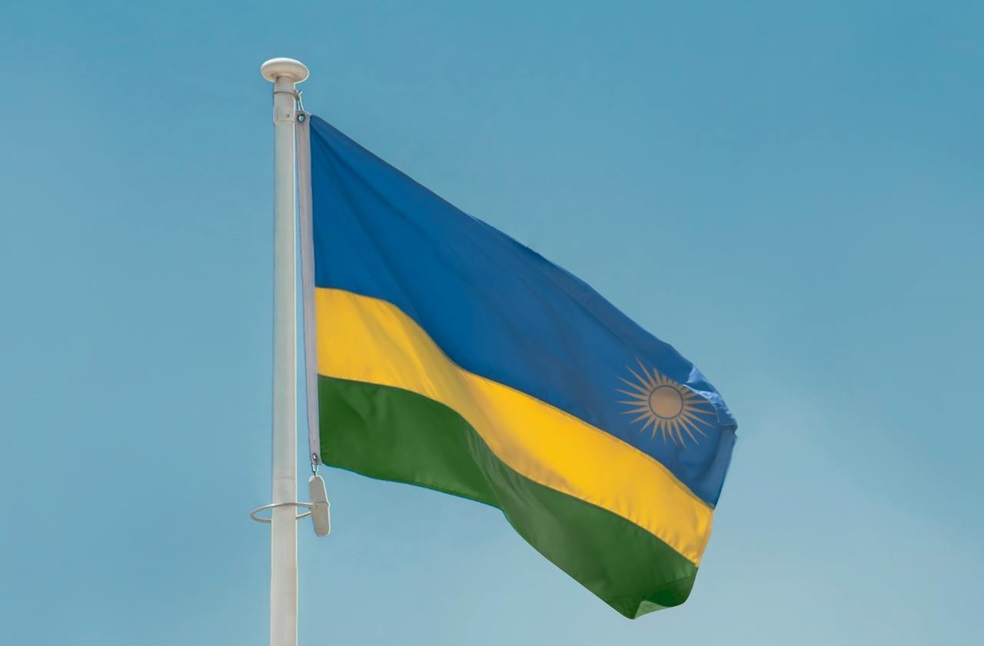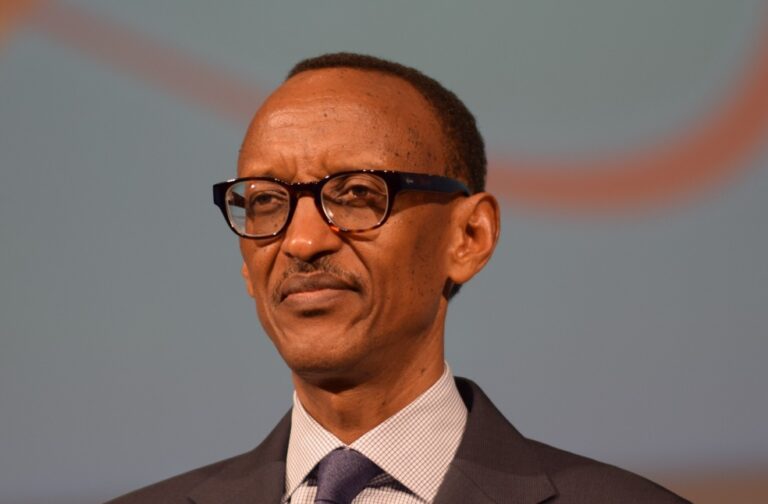Rwanda: Voters in Rwanda are heading to polling stations to cast their ballots in elections anticipated to secure Paul Kagame’s continued leadership in the central African nation.
Since the country’s genocide that claimed the lives of over 800,000 people, primarily members of the Tutsi ethnic minority, thirty years ago, there have been four presidential elections.
After Pasteur Bizimungu resigned in 2000, the Rwandan Patriotic Front rebel group led Kagame in the defeat of Hutu extremist forces and the end of the genocide. Kagame was elected president by parliament.
Since then, he has won three elections with more than 90 percent of the vote: in 2003, 2010 and 2017.

Following the extension of presidential term limits by a 2015 constitutional reform, Kagame is now running for a fourth seven-year term on behalf of the Rwandan Patriotic Front (RPF).
Since his rebel troops seized control of Rwanda at the end of the 1994 genocide that claimed the lives of almost 800,000 ethnic Tutsis and moderate Hutus, President Kagame has presided over the country’s politics. Since then, he has received recognition for bringing the nation together and leading its remarkable renaissance.

The electoral board reports that approximately nine million people are registered to vote, of which at least two million are first-time voters.
By Tuesday morning, a provisional winner ought to be identified. On Monday, voters will choose 53 members of the lower house of parliament and the president; 27 further MPs will be chosen the following day.
In the 2017 election, the two opposition candidates—Philippe Mpayimana, an independent, and Frank Habineza of the Democratic Green Party—collected fewer than 1 percent of the total vote.



